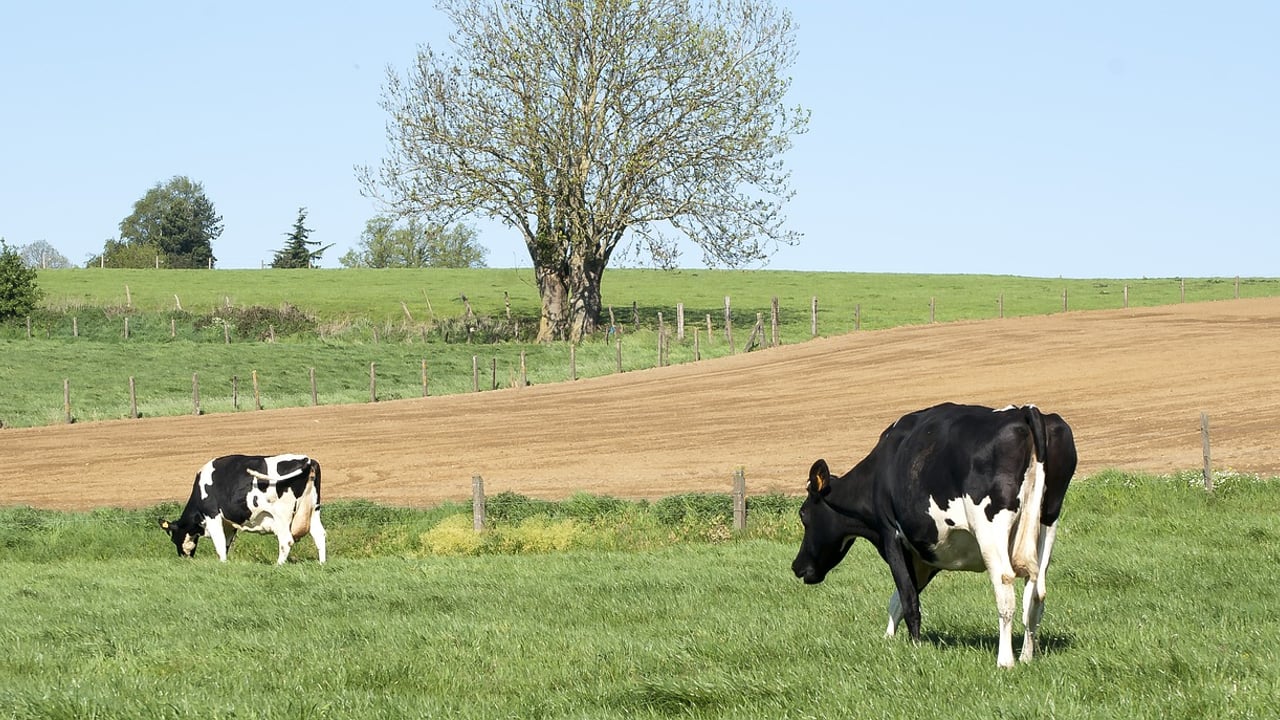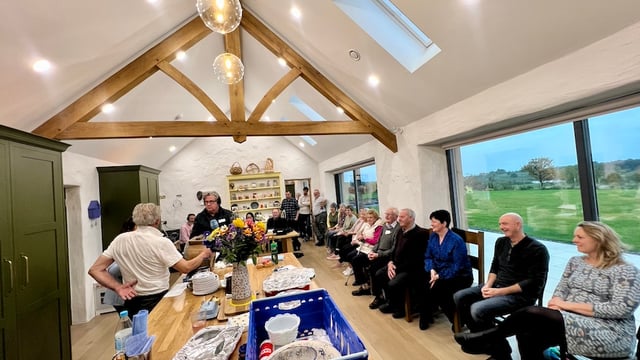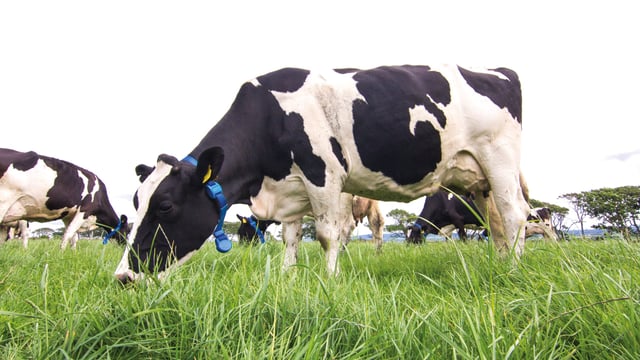Laois man on testing times for Kentucky farmers
Consolidations in the food industry and large food retailers have put downward pressure on the values of what farmers produce, resulting in lower margins and strains on profitability, said Brian Caldbeck, a Co. Laois man working in Kentucky.
He is working in the agricultural industry, running a business called Rubisco Seeds.
He established Rubisco Seeds in 2009 to identify and supply high yielding canola (00 rapeseed) hybrids to the U.S. and Canadian production regions through a network of focused retailers and support agronomists - experts in the science of soil management and crop production.
“Government subsidies are designed to enable this by supplementing farmers’ incomes so food prices remain cheap,” the Laois native contended.
“To increase their income farmers have limited options: buy or rent more land, get a part-time job or sell out. These are individual choices depending on one’s circumstances.
"The trend is toward more part-time farmers and larger scale farmers as a means of retaining viability," he continued.
Right now, prices are ‘in the tank’ with lots of stress in the farming communities in which Brian works.
"Prices being in the tank is a relative term, margins over costs is really the important comparison. However, crazy inflation numbers and high interest rates since 2020 makes this downturn in incomes different than recent downturns and more comparable to the late '1970s and 1980s.
"Operations that are highly leveraged with equipment and land costs are particularly challenged," he said.
"However, a common saying with U.S. farmers is that 'high prices fix high prices, the same as low prices fix low prices'."
"Most farmers are eyeballing significant input reductions,which typically dampens off commodity supplies but excessive reductions can lead to loss of markets as international buyers turn elsewhere for their needs; a balancing act," Brian said.
Political and geographical "considerations are at play too. In addition, global food, feed and fibre supplies appear comfortable due to weather conditions being generally favourable in recent years - there are always localised exceptions - for crop production.
"However, the cyclical nature of droughts in major production areas can rapidly change the supply chain dynamics."
Navigating the business "of meeting that demand against the backdrop of interest rates, inflation and regulations in no mean task especially when as a farmer most everything you buy is priced retail and everything you sell is priced wholesale".
He grew up on a predominantly dairy farm near Cullahill which is now taken care of by his brother Ted and their mother, Betty.
“After both national and secondary school I worked on the farm most evenings or on neighbouring farms. I was farming before I decided to emigrate, in addition to having a job with Minch Norton working with farmers throughout the region on crop production,” he said.
“I had close contacts with American crop management companies for several years prior, and eventually they succeeded in encouraging me to move over there to work on high protein spring wheat production in the northern plains of the U.S.
"Claire who is from Tipperary, and I and our four young children at the time, Rebecca, William, Sarah and Philip, made the move. Our youngest son, Benjamin, was born in the U.S.
“Farming communities are great wherever you go, they make you very welcome. For Claire, it took a while to adjust, but the community was very welcoming to her.
“Dramatic thunderstorms which occur frequently in Kentucky, tornado alerts, poisonous snakes and spiders all served to add a little uncustomary drama to everyday life,” said Brian.
Primary activities for the Kentucky business revolve around research and evaluation of non-traditional crops in multiple regions of the U.S. for economic and agronomic viability.
“Canola or 00 rapeseed is one of the primary crops we work with, due to high demand for oil. Once the appropriate crop genetics are identified for a certain region, then we source seed from contact producers or multiply in-house, clean, process, bag and distribute to growers,” explained Brian.
“Detailed information on customised crop husbandry is provided to growers, especially ones new to these crops, as they work to integrate them into existing crop rotations with their current equipment and ag chemical constraints.
“The winter climate in the U.S. can be very harsh some years and considerable attention is focused on enhancing winter hardiness through genetic selections, cultural practices and refined use of crop inputs," he said.
Brian tries to get home every year for a few days: “There is a lot of family in Ireland to visit. I miss the people mostly. Irish farmers are some of the best in the world and will give any place a run for their money on productivity, it is just at a different scale."






